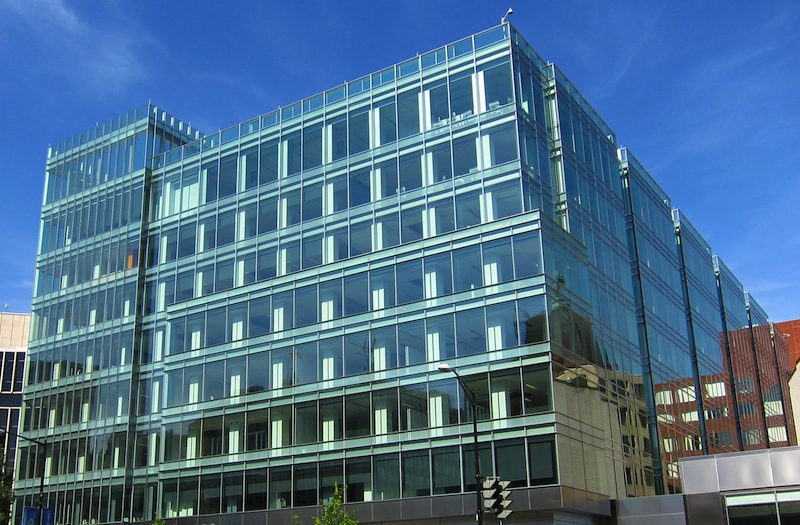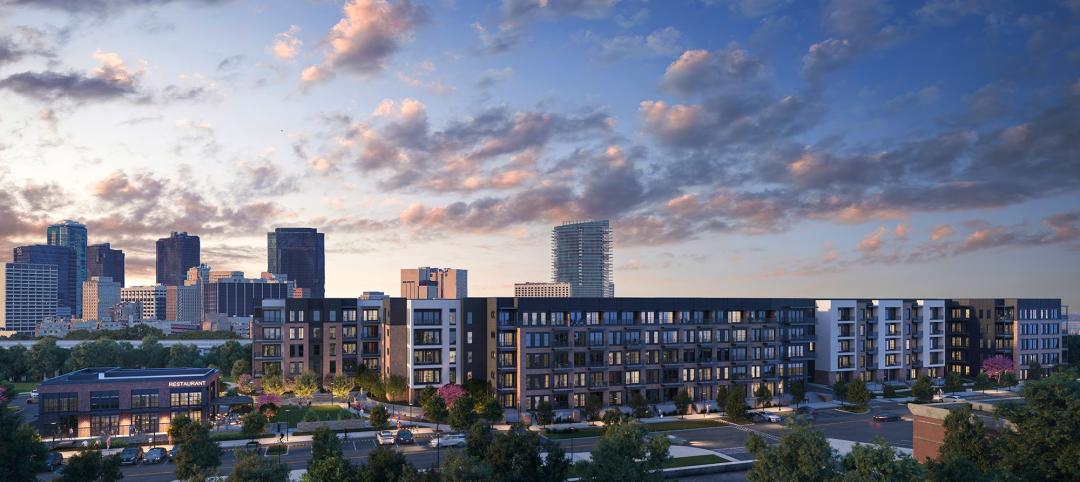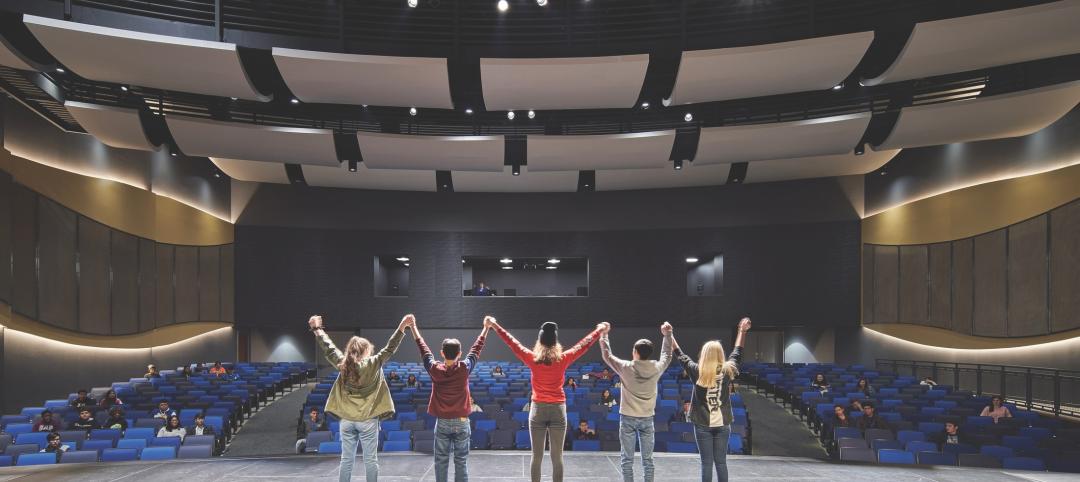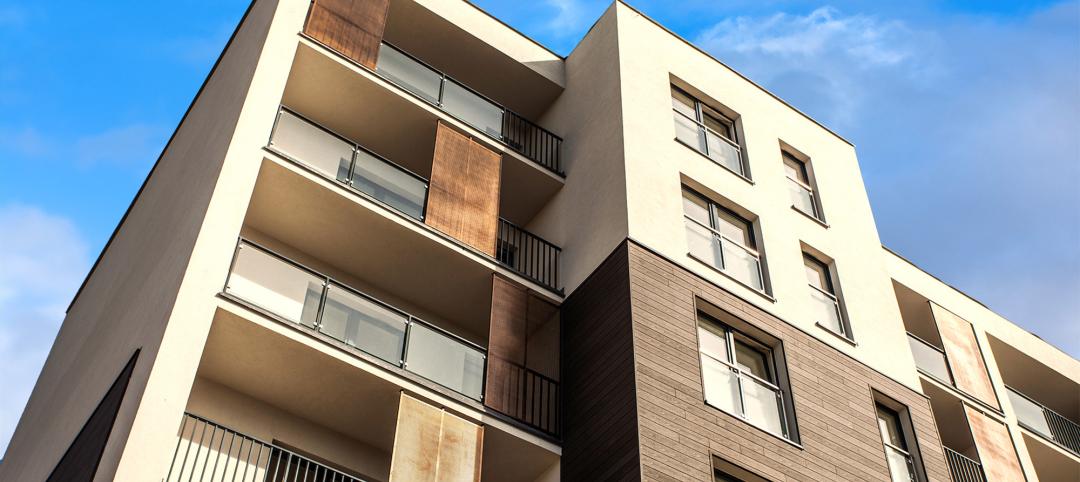Worries about legal liability have long dogged the sustainable building movement, but insurance expert Karen Erger (Locton Companies) and attorney Eric Singer (Ice Miller LLP) say sustainability lawsuits are caused by the same types of issues that have always prompted clients to sue AEC firms. "The 'new' risks of green design are the same as in any kind of design," says Erger. The two presentated at BUILDINGChicago earlier this week (download the presentation).
Suits tend to center around four areas:
- Client expectations unmet (desired level of certification not achieved, project failed to qualify for incentives, energy savings not realized, sustainable elements increased cost or caused delay).
- Elevated standard of care.
- Uninsurable guarantees or warranties.
- Problems caused by new products or systems (didn't work as advertised, weren't installed properly, weren't operated or maintained properly).
The best tools for managing such risks are well-established, according to Erger and Singer:
- Define and document the client's goals. (Don't guarantee that goals will be achieved; set and reinforce reasonable expectations throughout the project; don't assume risk of factors you can't control.)
- Set a reasonable standard of care. Don't allow elevated language about your performance to creep into the contract (such as incorporation of marketing language from your initial proposal).
- Don't warrant or guarantee outcomes (specific level of a standard, specific energy savings, etc.).
- Do due diligence when specifying products. (Get the owner's informed consent for using new products, and document your research -- even if most if it is digital. Print it or take screen shots, and put it in a project file that you can find later.)
Singer says the AIA's Guide for Sustainable Projects (D503-2011) is "a really good guide for contract language modification and risk protection." The 2012 AIA Sustainable Projects (SP) forms incorporate model language into existing AIA contract documents (A101, A201, A401, B101, C401). Singer and Erger placed particular emphasis on not guaranteeing achievement of specific sustainability goals, on avoiding unduly elevating the standard of care beyond the ordinary level of professional practice, and on avoiding taking responsibility for functions that are being performed by other parties, including the contractor, subs, and the owner.
The AIA's form B101-2007 SP offers language protecting the architect when untested materials and equipment will be used, and the association also offers "Client Waiver and Informed Consent to use an Experimental Green Product." Since a manufacturer may no longer be in business months or years later, if a problem arises, management of legal liability for the use of experimental green products is important.
Related Stories
Mixed-Use | Jan 19, 2024
Trademark secures financing to develop Fort Worth multifamily community
National real estate developer, investor, and operator, Trademark Property Company, has closed on the land and secured the financing for The Vickery, a multifamily-led mixed-use community located on five acres at W. Vickery Boulevard and Hemphill Street overlooking Downtown Fort Worth.
Modular Building | Jan 19, 2024
Building with shipping containers not as eco-friendly as it seems
With millions of shipping containers lying empty at ports around the world, it may seem like repurposing them to construct buildings would be a clear environmental winner. The reality of building with shipping containers is complicated, though, and in many cases isn’t a net-positive for the environment, critics charge, according to a report by NPR's Chloe Veltman.
Sponsored | BD+C University Course | Jan 17, 2024
Waterproofing deep foundations for new construction
This continuing education course, by Walter P Moore's Amos Chan, P.E., BECxP, CxA+BE, covers design considerations for below-grade waterproofing for new construction, the types of below-grade systems available, and specific concerns associated with waterproofing deep foundations.
Sponsored | Performing Arts Centers | Jan 17, 2024
Performance-based facilities for performing arts boost the bottom line
A look at design trends for “budget-wise” performing arts facilities reveals ways in which well-planned and well-built facilities help performers and audiences get the most out of the arts. This continuing education course is worth 1.0 AIA learning unit.
Adaptive Reuse | Jan 12, 2024
Office-to-residential conversions put pressure on curbside management and parking
With many office and commercial buildings being converted to residential use, two important issues—curbside management and parking—are sometimes not given their due attention. Cities need to assess how vehicle storage, bike and bus lanes, and drop-off zones in front of buildings may need to change because of office-to-residential conversions.
MFPRO+ News | Jan 12, 2024
Detroit may tax land more than buildings to spur development of vacant sites
The City of Detroit is considering a revamp of how it taxes property to encourage development of more vacant lots. The land-value tax has rarely been tried in the U.S., but versions of it have been adopted in many other countries.
MFPRO+ News | Jan 12, 2024
As demand rises for EV chargers at multifamily housing properties, options and incentives multiply
As electric vehicle sales continue to increase, more renters are looking for apartments that offer charging options.
Student Housing | Jan 12, 2024
UC Berkeley uses shipping containers to block protestors of student housing project
The University of California at Berkeley took the drastic step of erecting a wall of shipping containers to keep protestors out of a site of a planned student housing complex. The $312 million project would provide badly needed housing at the site of People’s Park.
Apartments | Jan 9, 2024
Apartment developer survey indicates dramatic decrease in starts this year
Over 56 developers, operators, and investors across the country were surveyed in John Burns Research and Consulting's recently-launched Apartment Developer and Investor Survey.
K-12 Schools | Jan 8, 2024
Video: Learn how DLR Group converted two big-box stores into an early education center
Learn how the North Kansas City (Mo.) School District and DLR Group adapted two big-box stores into a 115,000-sf early education center offering services for children with special needs.
















